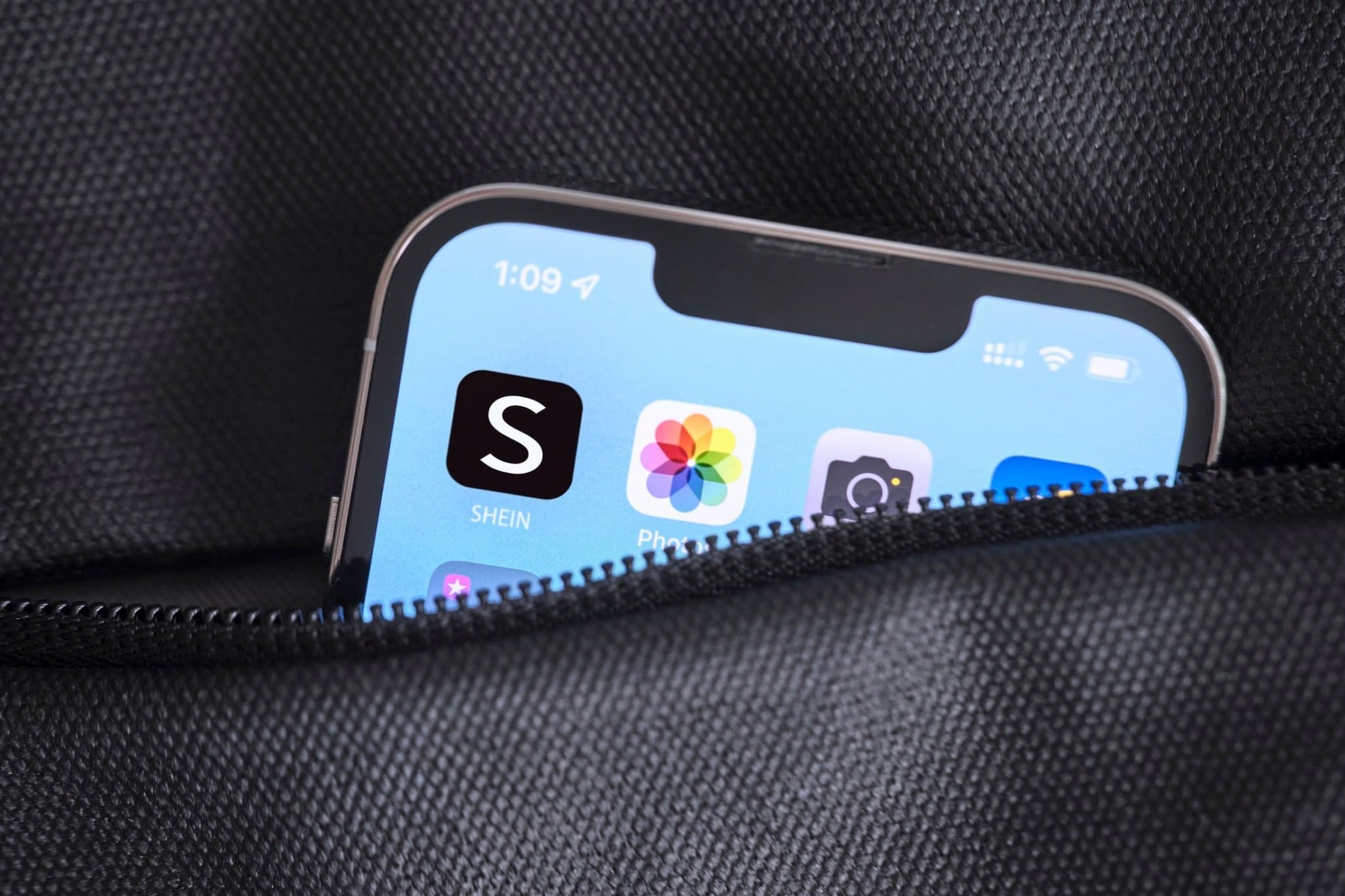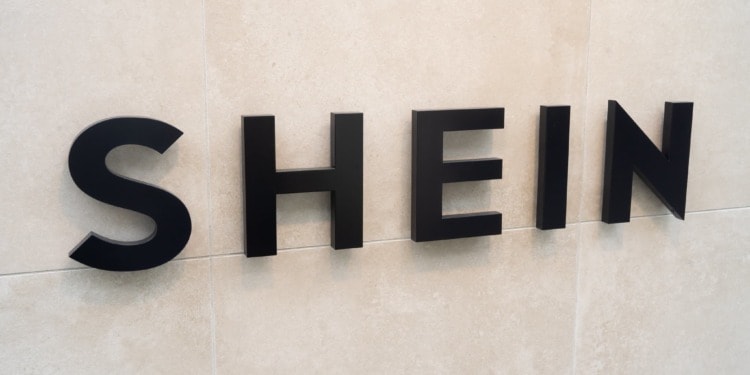Fast fashion giant Shein is again under fire as a group of independent designers sued the company for committing intellectual property theft and engaging in activities related to racketeering.
This news is particularly noteworthy as Shein’s summer sale has recently started and is attracting a growing number of customers looking for fast fashion garments. The lawsuit, filed in a California federal court, claims that Shein uses a secretive algorithm to identify trending art and replicates independent designs for its fast fashion website.
On Tuesday, July 11, Krista Perry, Larissa Martinez, and Jay Baron, three visual artists, accused Shein and its parent company, Zoetop Business Company, Ltd, of creating, distributing, and selling replicas of their original artwork. The artists claim this practice is fundamental to Shein’s design methods and corporate structure.
The artists state that their graphic designs, such as Perry’s “Make It Fun” and Blintz’s “Orange Daisies,” which are protected by copyright, were duplicated without their consent. In addition, Shein is being accused of copying Barron’s artwork, “Trying My Best,” which is both copyrighted and trademarked.
The Allegations: SHEIN Secret Algorithm
The lawsuit alleges that Shein has created a hidden algorithm that spots new fashion trends and makes a limited number of each item for purchase.
This approach allows the company to reject any claim if an artist affirms that Shein has stolen their design. The artists contend that Shein has earned billions by merging this algorithm with a corporate framework that enables unlawful actions. The lawsuit sheds light on Shein’s scheme, which enables the company to avoid being held accountable for intellectual property violations.
Artists file a lawsuit against SHEIN using the RICO Act
The lawsuit has shifted its focus by using the Racketeer Influenced and Corrupt Organizations Act (RICO), a federal law designed to combat organized crime. This law enables individuals or organizations to file civil claims against criminal enterprises that engage in racketeering activities.
According to the lawsuit, to qualify as a RICO claim, Shein’s supposed infringement actions must be carried out by a group of entities rather than just one.
RELATED ARTICLES: Zara Summer Sale 2023: What Lies Beyond the Discounts | The H&M Greenwashing Scandal: Has Business Learned the Lesson? | Sustainable Swimwear: Will You Shop Smart or Support Shein’s Sales? |
The scheme is claimed to operate in the following way: Shein utilizes a sophisticated corporate structure to evade accountability for purported violation of intellectual property rights. The fast fashion giant often removes products from their site and blames another entity when faced with cease and desist notices, creating confusion and further avoiding blame.
In seeking justice, the artists seek damages for past and future losses, compensation for legal fees, and injunctive relief to prevent further racketeering.
As the lawsuit unfolds, the outcome could have significant implications for Shein and the fast fashion industry.

“SHEIN in court”- past lawsuits involving the fast fashion brand
This is not the first time Shein has been entangled in allegations of intellectual property theft. In recent years, the company has faced numerous federal lawsuits related to trademark or copyright infringement, with at least 50 cases reported.
Notably, artist Maggie Stephenson settled with Shein for an undisclosed amount after filing a $100 million lawsuit. At the same time, Italian fashion designer Giuliano Calza accused the retailer of stealing shoe designs from his label, GCDS.
Beyond intellectual property concerns, Shein has also faced criticism for its labor practices and environmental impact. The recent scandal surrounding a Shein-sponsored influencer trip to its factory in Guangzhou, China, drew attention to accusations of labor abuse and the brand’s negative environmental footprint.
Undoubtedly, Shein’s success in the fast fashion industry comes at a high cost to workers and the planet. As the legal battle against Shein progresses, it raises broader questions about the practices and ethics of the fast fashion industry.
Editor’s Note: The opinions expressed here by the authors are their own, not those of Impakter.com — In the Featured Photo: SHEIN Logo in Tokyo. Featured Photo Credit: Flickr.














